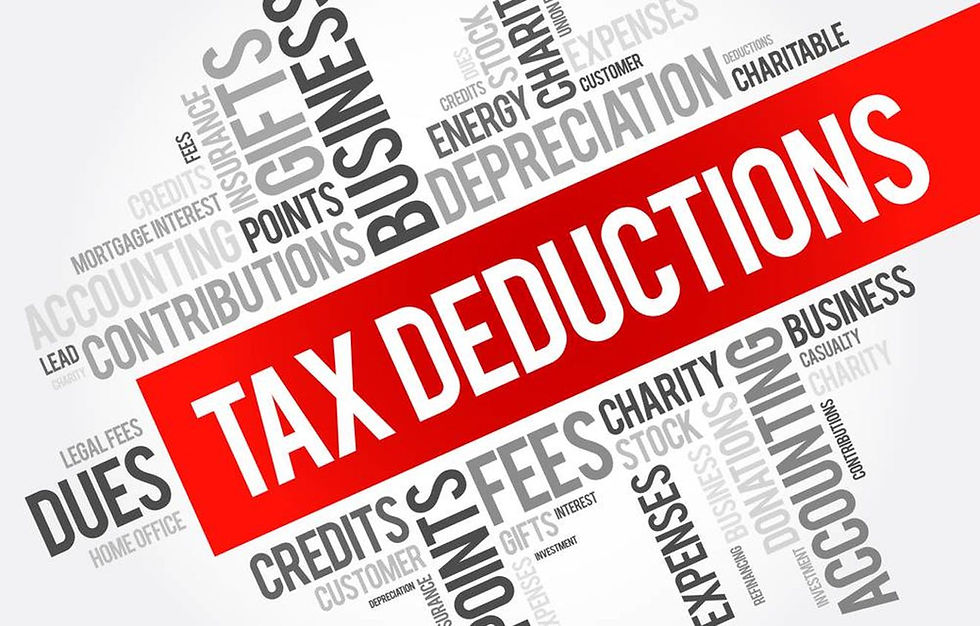2021 Tax Deductions for Self-Employed Business Vehicles
- Marie Demene
- Oct 1, 2021
- 2 min read

Generally, you can claim deductions for vehicle expenses as a self-employed taxpayer, but there are a few twists and turns along the way. Notably, the tax law includes several “speed limits” that can affect your write-offs.
Starting point: Generally, you can claim deductions for vehicle expenses as a self-employed taxpayer, but there are a few twists and turns along the way. Notably, the tax law includes several “speed limits” that can affect your write-offs.
First off, you may deduct vehicle expenses in one of two ways.
1. Actual expense method: This method allows you to deduct your actual expenses based on the percentage of business use. For example, if you use a car 90% for business and drive it 10% personally, you may write off 90% of your qualified expenses, including gas, oil, insurance, repairs, etc. Furthermore, you ‘re in line for depreciation deductions, subject to certain limits (more on this later).
2. Standard mileage rate: Alternatively, you can use the simplified standard mileage rate set annually by the IRS. For 2021, the standard mileage rate is 56 cents per business mile (down from 57.5 cents in 2020), plus you can add on business-related tolls and parking fees. For example if you drive a vehicle 10,000 business miles and incur $500 in parking fees and tolls this year, your deduction is $6,100 (56 cents x 10,000 + $500).
Consider these two critical tax breaks for business vehicle purchases:
You can claim a current deduction under Section 179 up to the annual luxury car limits. Example: For a passenger car placed in service in 2020, the limit was $10,100. (The 2021 limits will be announced shortly.) Then you are entitled to a deduction in succeeding years under cost recovery tables.
You can claim a first-year bonus depreciation deduction. Currently, the maximum deduction for a passenger vehicle is $8,000.
Note that the actual deduction amounts are based on the percentage of business use. Going back to our prior example, if you’re entitled to a $10,000 maximum Section 179 deduction for a car and you use it 90% for business, your deduction is $9,000.
Comparable rules apply if you lease a car instead of buying it. In either event, a self-employed taxpayer is in line for generous write-offs.
And this just the tip of the iceberg. Other special rules may come into play. For instance, if you buy a heavy duty SUV instead of a passenger vehicle, you may qualify for a deduction of up to $25,000. Also, you might benefit from a special tax credit for electric cars of up to $7,500.







Comments